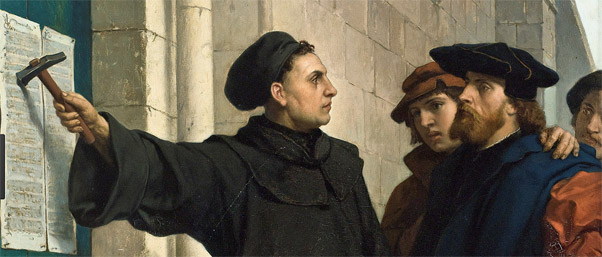
We are watching legitimate outrage and protest being co-opted by groups determined to destroy institutions and replace them with their own forms of oppression. History is replete with positive initial intentions being subverted: The French Revolution started with good intentions and ultimately imploded and yielded Napoleonic power. The Russian Revolution in 1917 began with democratic forces beginning to fashion a new future, and by 1922 Bolshevik Communists led by Lenin inaugurated one of the most repressive regimes in history. Millions were hopeful in 1949 when Mao led a Communist takeover…by 1970, millions of Chinese had perished in the “Cultural Revolution.”
I support millions protesting peacefully.
I support reforms for our criminal justice system.
I support serious changes in fostering access, equity, and opportunity of all, especially the African Americans living under generational oppression and poverty.
I support civil, passionate debate.
But looting and violence – especially destructive to the poor neighborhoods that need the most help – and calls to defund and even eradicate police forces will not yield the sustainable justice all people of conscience desire.
We need reform.
Reform is a powerful term that avoids mere “tweaking” and modification while retaining the goodness of the particular category. In addition to much needed reforms in the criminal justice and police systems, here are some more categories for reform. As I share these, please do not assume that I am implying Left or Right Ideologies for answers. We need wisdom that embraces personal dignity and systemic change, personal responsibility and the common good, and the humility to learn from history and embrace hope.
Here are more candidates for reform: Failed political machines in many cities. Educational systems. Mental health services deserve much more attention and financing. Ending the redlining and unspoken class and race prejudice in economic development. Our welfare systems need overhauling. Our military-industrial complex deserves careful scrutiny. And all religious and non-profit organizations must cease making excuses and papering over serious failures.
Many more categories of reform are needed, but there is one more that is foundational to all others: The reformation of our own hearts and minds. I am asking God to remove prejudice and pretension and fill me with timeless truth and timely wisdom rooted in love.
We must ask the hard questions and see how we might reform the very systems that are designed to empower and provide, protect and support our highest ideals. Charisma and competency matter, but character will be the difference between a moment of fame and enduring change.


